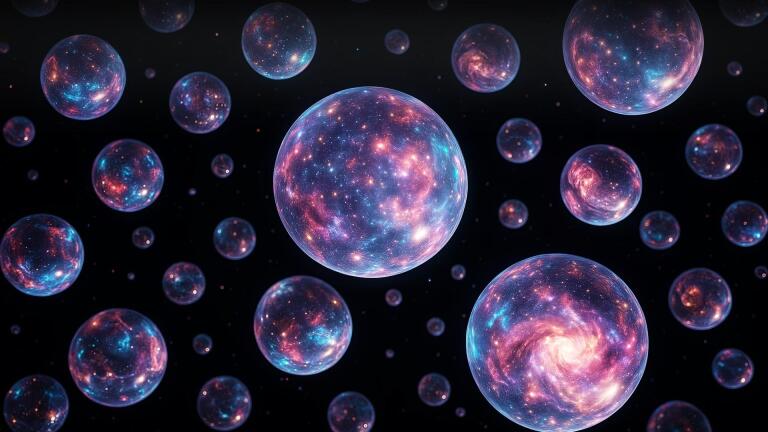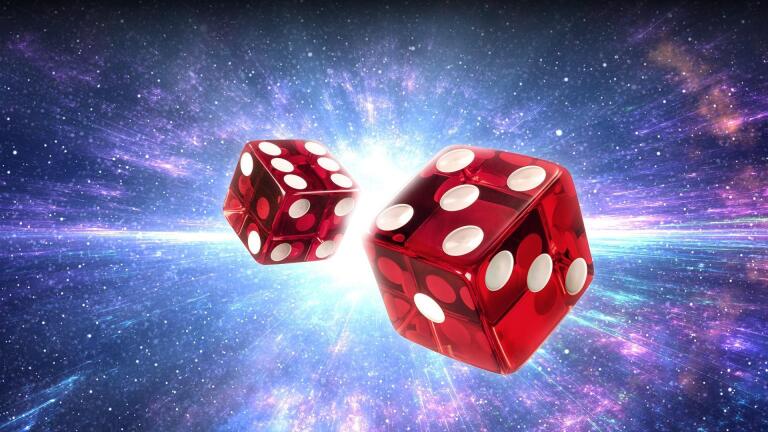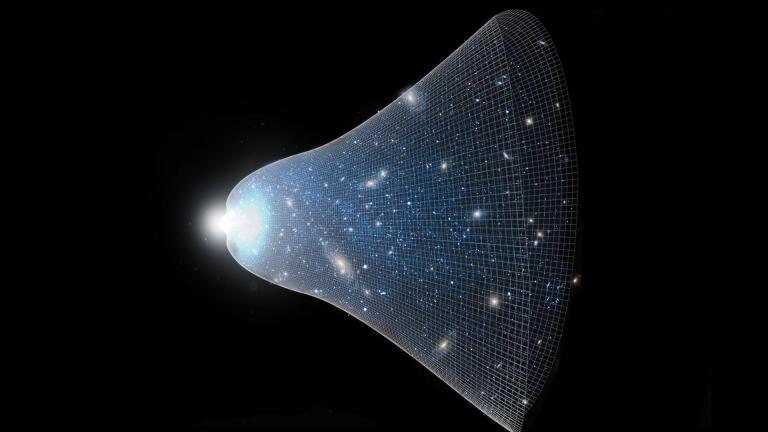Back to Show
PBS Space Time
The Crisis in Cosmology
Season 5
Episode 9
The search for a single number: the hubble constant, which is the rate of expansion of our universe, has consumed astronomers for generations. Finally, two powerful and independent methods have refined its measurement to unprecedented precision. The only problem is that they don’t agree. This calls into question some of our most basic assumptions about the universe.
Support Provided By

19:01
How to build a particle collider the size of the solar system.

12:39
One of the most important reasons we go to space is to know our own planet better.

17:14
Can something that exists be bad science?

18:56
It may be that our very DNA inherited its twist from the underlying handedness of reality.

17:21
Did God have any choice in creating the world? So asked Albert Einstein

18:19
What if, just before we reach the bottom, we find out that reductionism fails?

19:03
The biggest news in cosmology in recent years is that dark energy may be fading away.

18:50
Does this also explain why there are no aliens?

16:58
Quantum energy teleportation may be as close as we get to transporter beams. But how close is that?

14:50
Why is there any matter in the universe? A new antimatter breakthrough at LHC holds clues.

16:30
There’s an extremely good chance that Earth once did have a ring system.

17:23
How is it possible to tell if a space rock will one day collide with the Earth?











